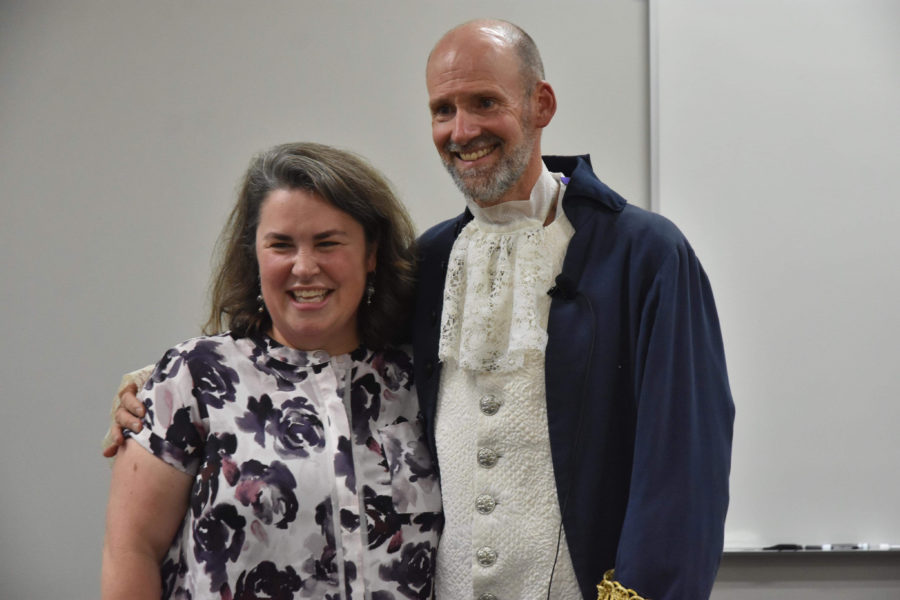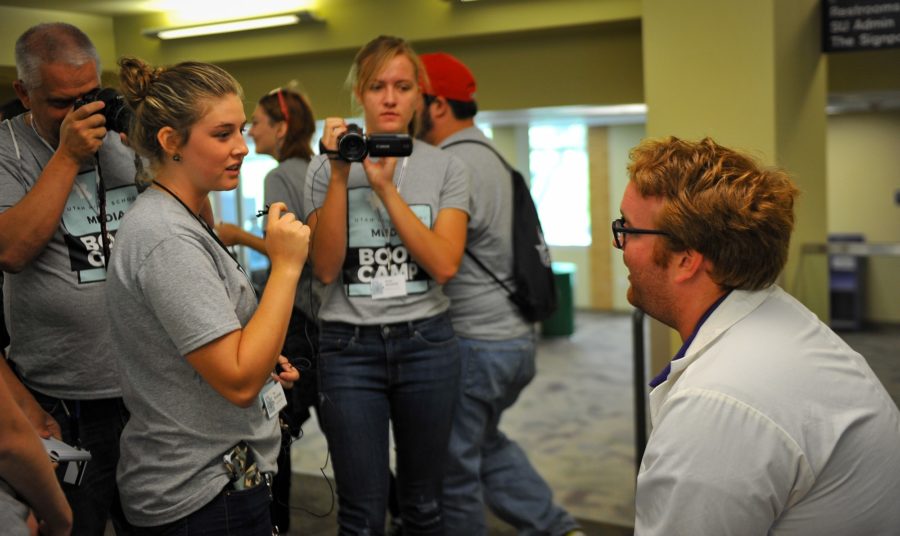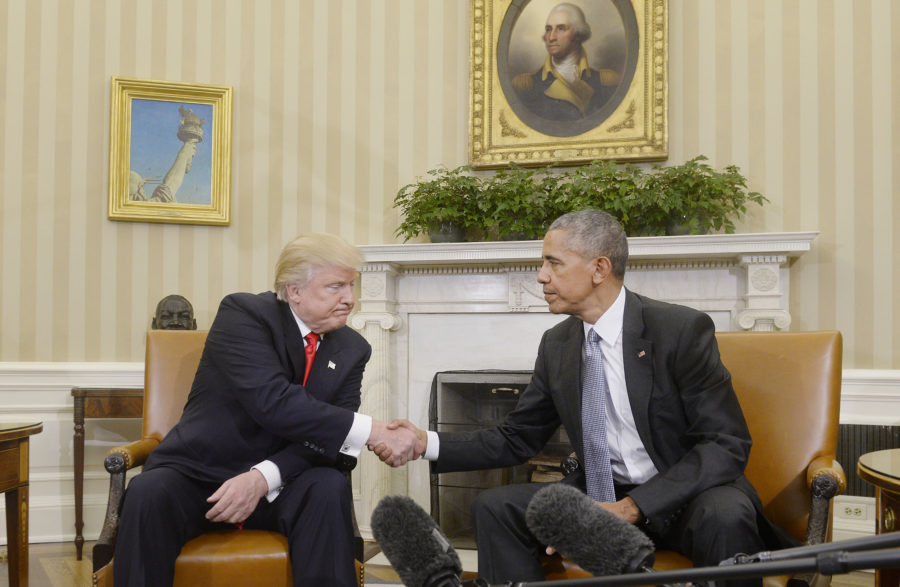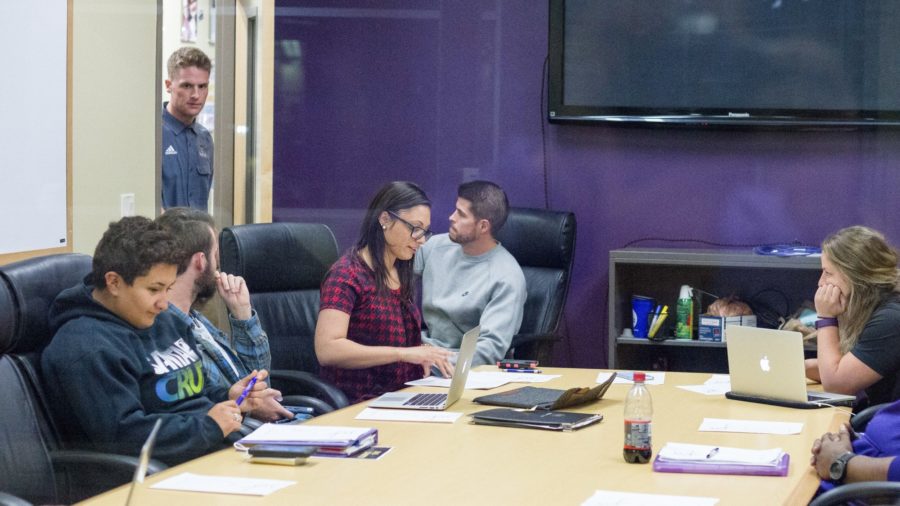
Ethics can be construed as subjective because it is a discipline that deals with what one believes to be morally good and bad. It cannot be said that each of us at The Signpost believes the same things to be virtuous or evil; each person’s ethical code varies. However, one main theme is generally understood in the professional environment—we play by rules of standards that govern our conduct.
Throughout our recent coverage of last week’s executive elections, it became apparent that knowing all the rules—and following them—was a second thought for many candidates’ campaigns. From early preparation to wrongful distribution of materials to winning candidates being ineligible to run for an executive seat, grievances, violations and appeals plagued the campaigns of not just those involved in misconduct but also blanketed those who ran a clean campaign.
Some of us here at The Signpost worked diligently to advocate for others on campus to pay attention to the elections and to vote in them. The student government plays an intricate role in the university, and they are the voice of each and every one of us to the higher-ups who make the regulations we must follow as college students. Therefore, it was a bit of an eye-opener when grievance after grievance continued to be announced, but it was an even bigger jaw-dropper to find out that most of the grievances were fixed with a slap on the wrist and the excuse of misunderstanding the material in the campaign packet and WSU website.
We find this excuse to be problematic because we all know how essential it is to be knowledgeable of and to understand the student code at WSU. There isn’t a professor, adviser or dean who is going to say, “Ah, I see how that material is confusing. No worries, just don’t do it again.” That just doesn’t fly with the rules governing the university.
So the question is this: Why was this the way that the WSUSA election committee, Supreme Court and advisers decided to conduct the grievances? Within a two-day period, penalties for some went from nothing to having significant votes revoked to 80 percent of those votes being ratified to ending in a miscount of votes.
That is a great deal of back and forth. No wonder there is so much confusion. It doesn’t appear as though anyone at WSUSA knows all the rules—or plays by them. We don’t know about everyone, but for Signposters, this creates a huge mistrust in the student body that is supposed to be working on our behalf, standing up for our best interests.
WSU has more than 27,000 students enrolled, who are (whether they believe it or not) affected by decisions and propositions made by the student government. The fact that only 1,777 students voted in the first place lends to the suspicion that the students who voted are either going to begin to distrust the WSUSA process and choose not to participate in further elections or that students will condone such behavior and begin to assume it is acceptable because there are no repercussions for those who don’t follow the rules.
Engaging in an organization that is structured around ethics and a standard of honesty is a major force within The Signpost. At the beginning of each semester, the Society of Professional Journalists’ code of ethics is instilled in each student looking to participate in the responsibility of informing Weber State University’s audience. As students, we must continually remind ourselves of how the coverage we provide will affect others, and we do that consistently by knowing the code and playing by the rules, which is what we expect from all other organizations and individuals on campus.








